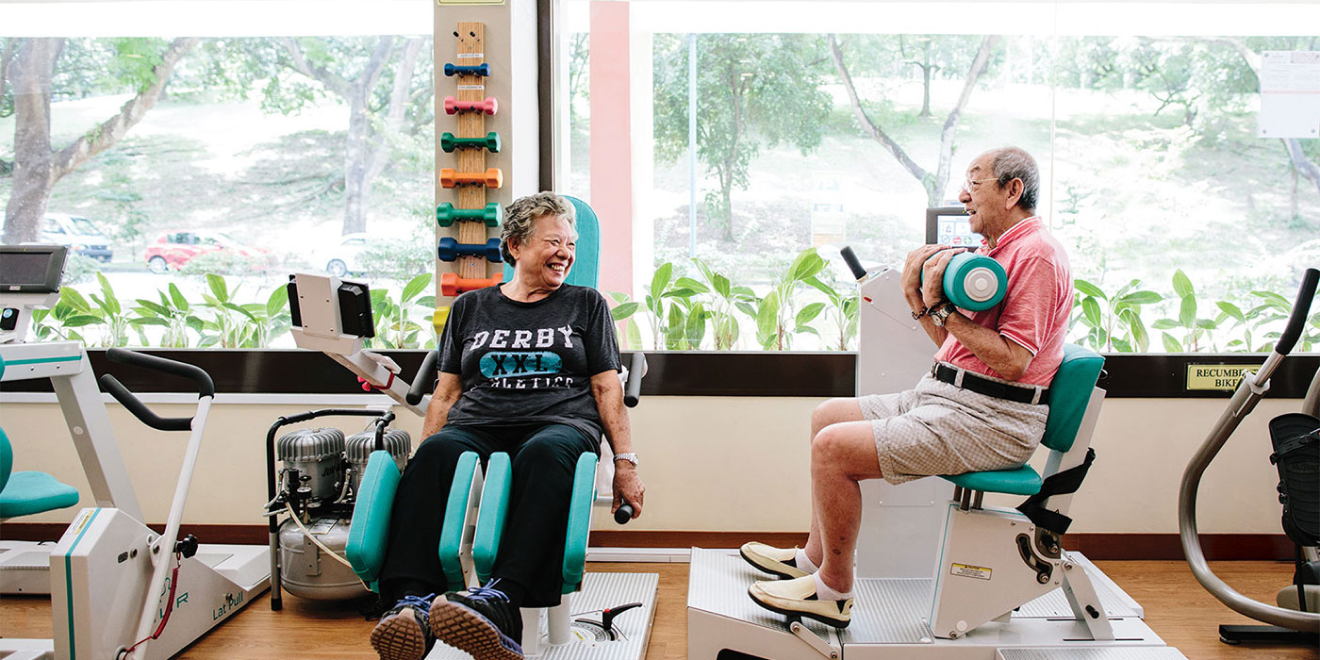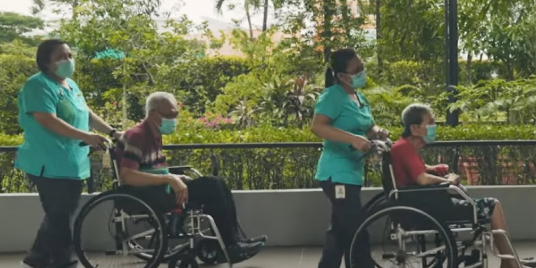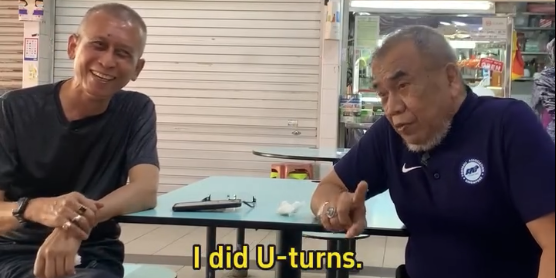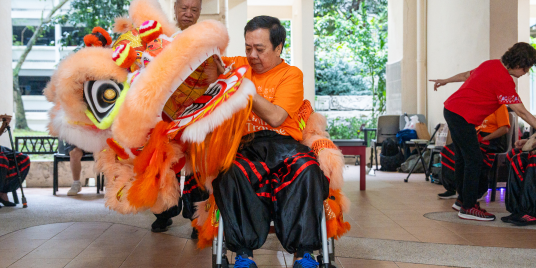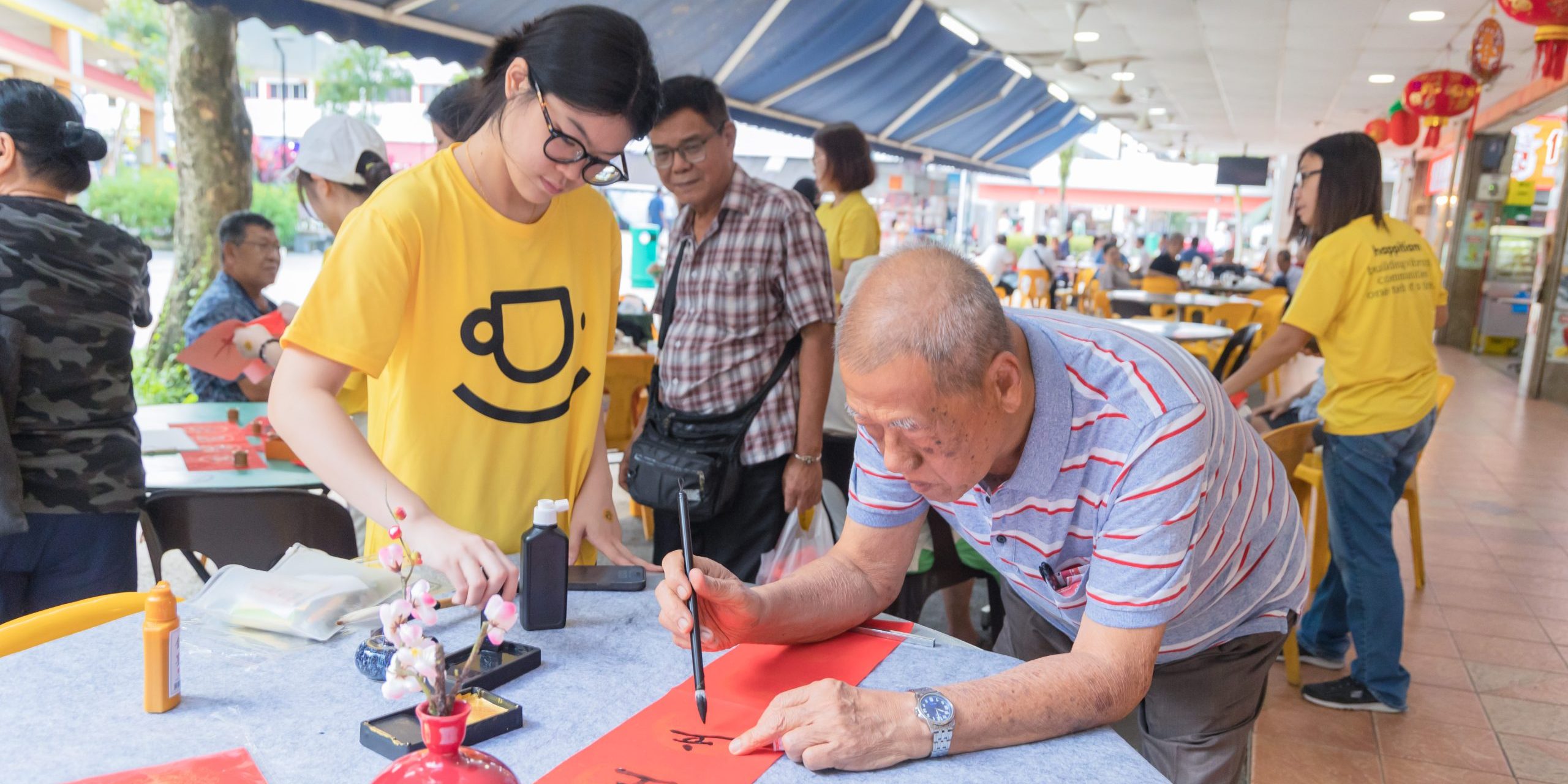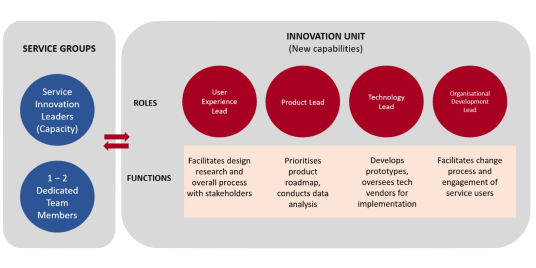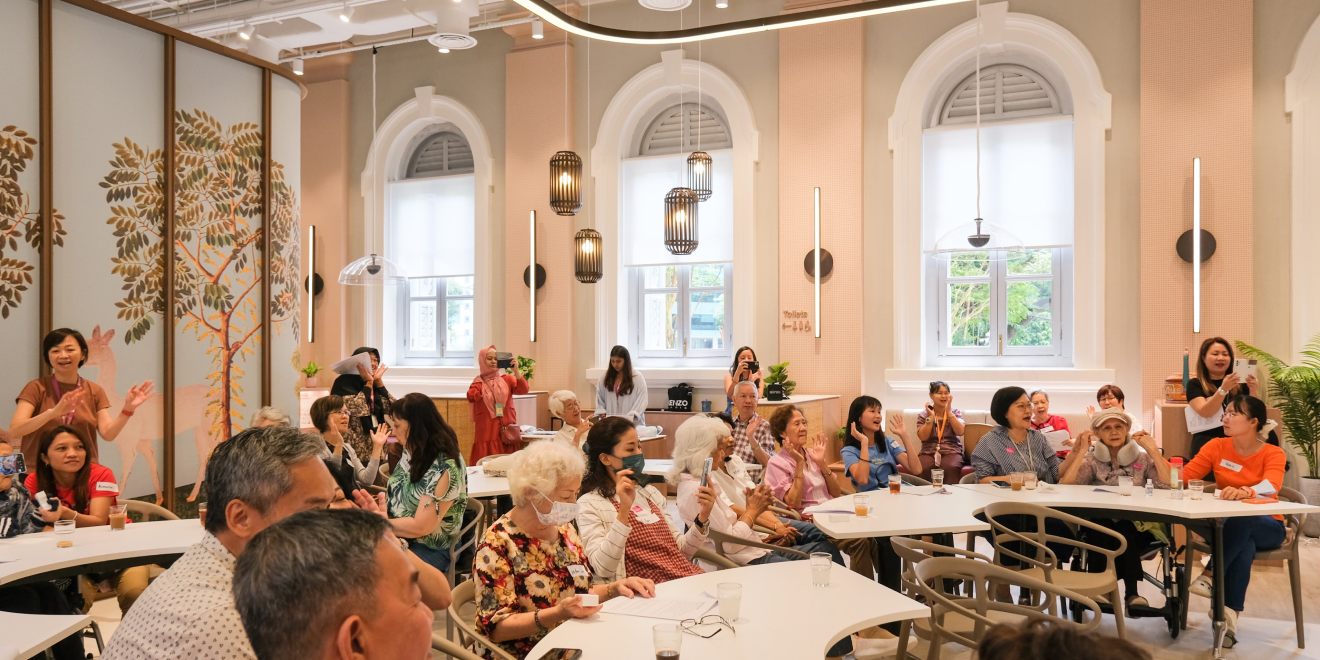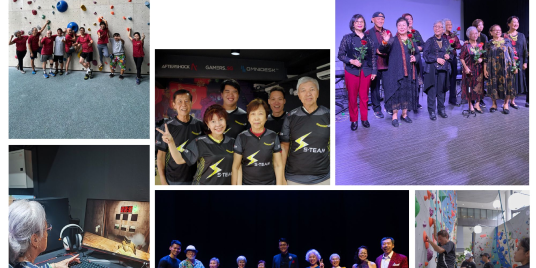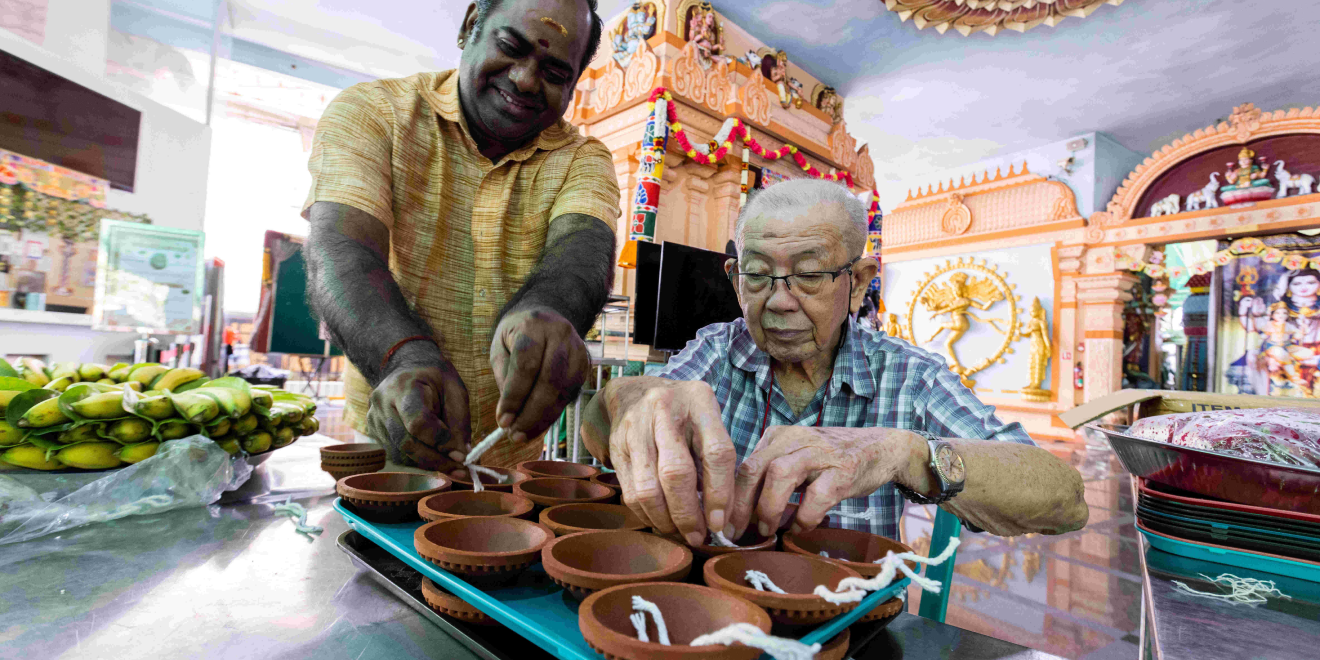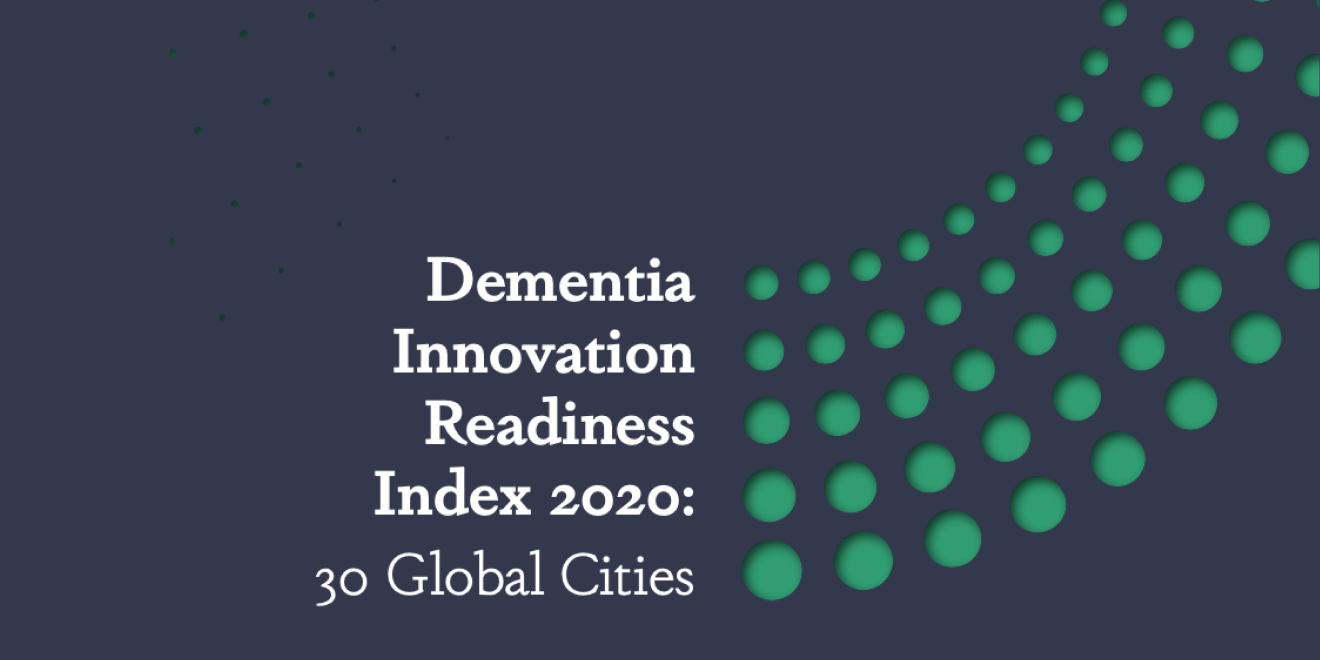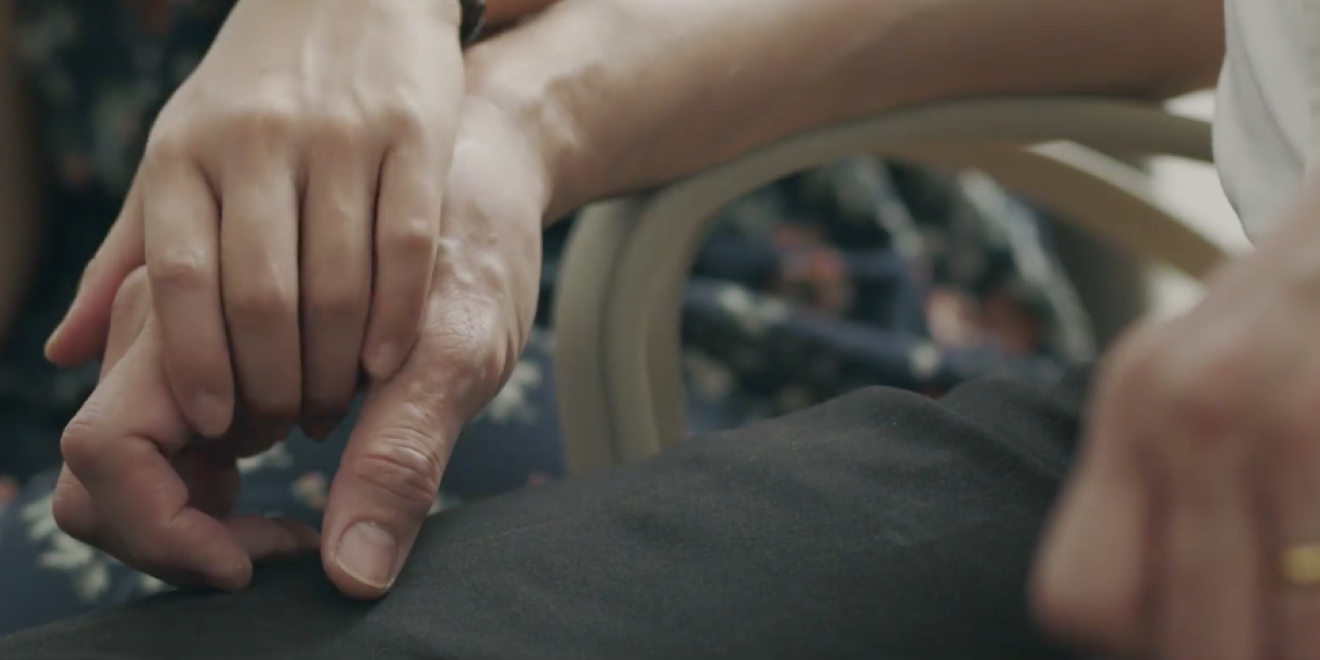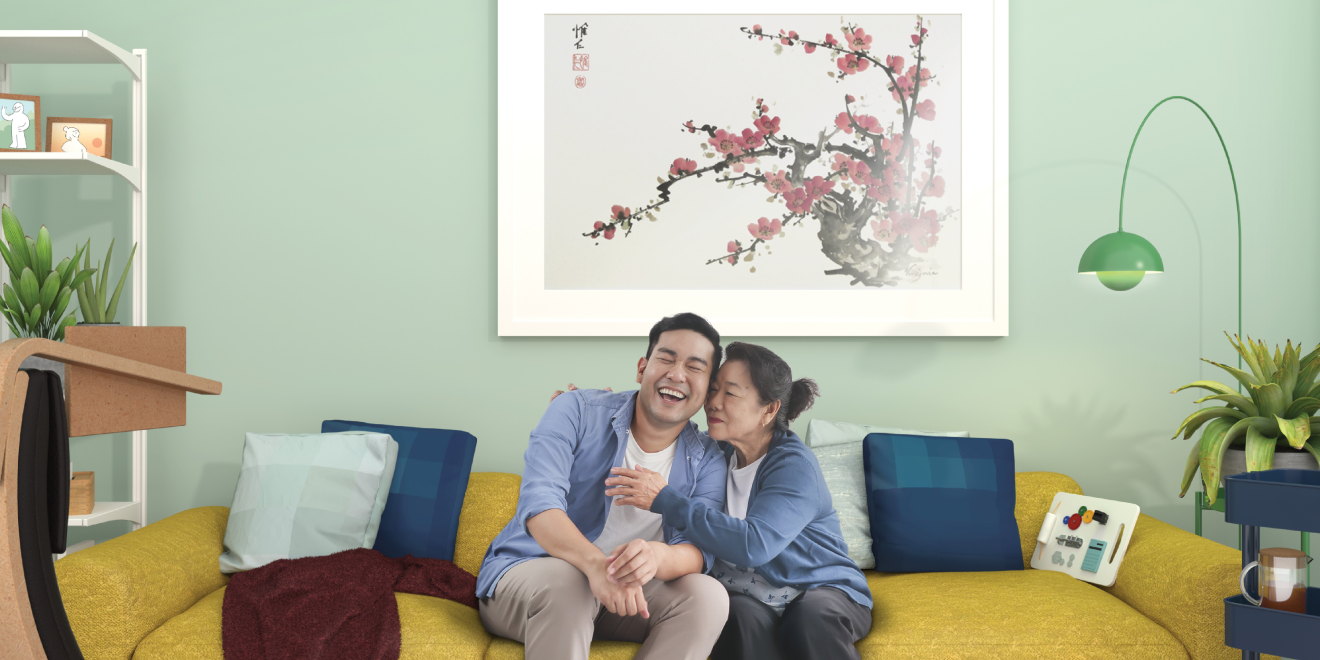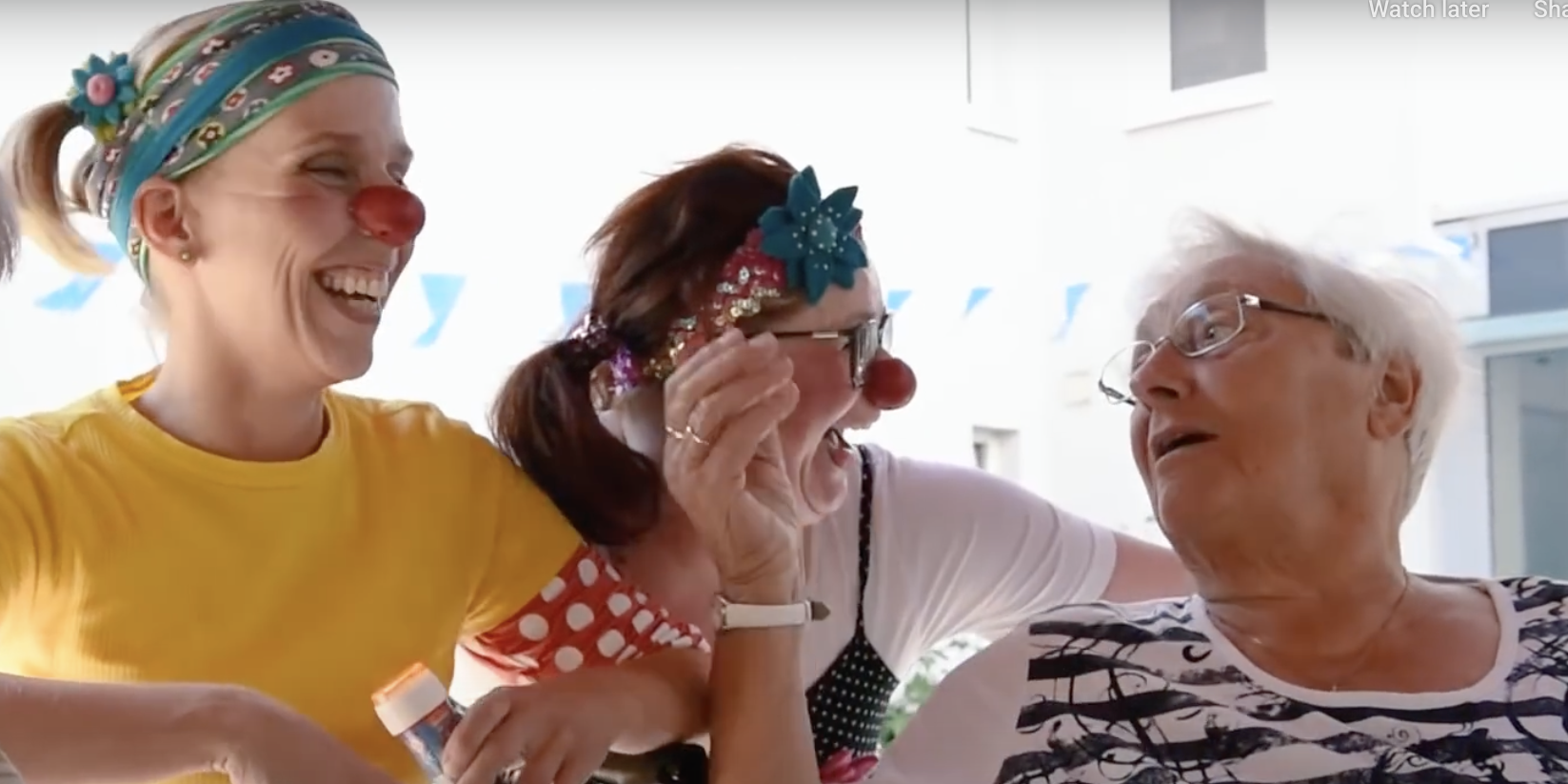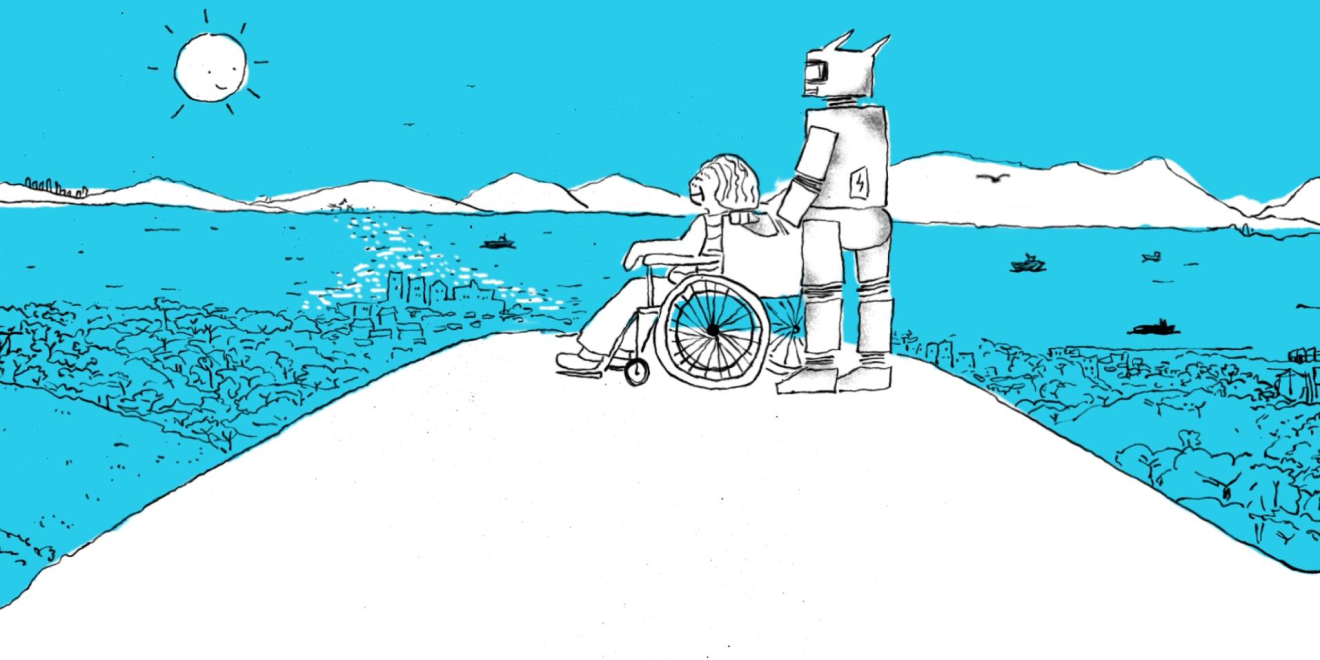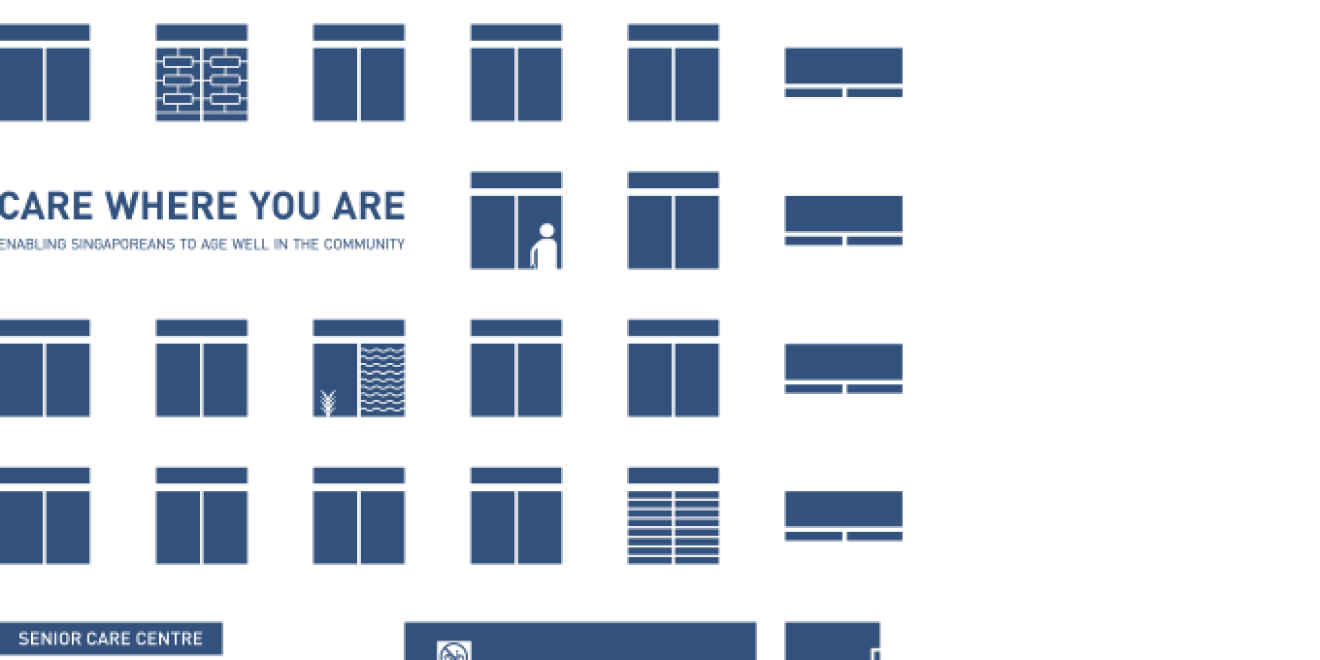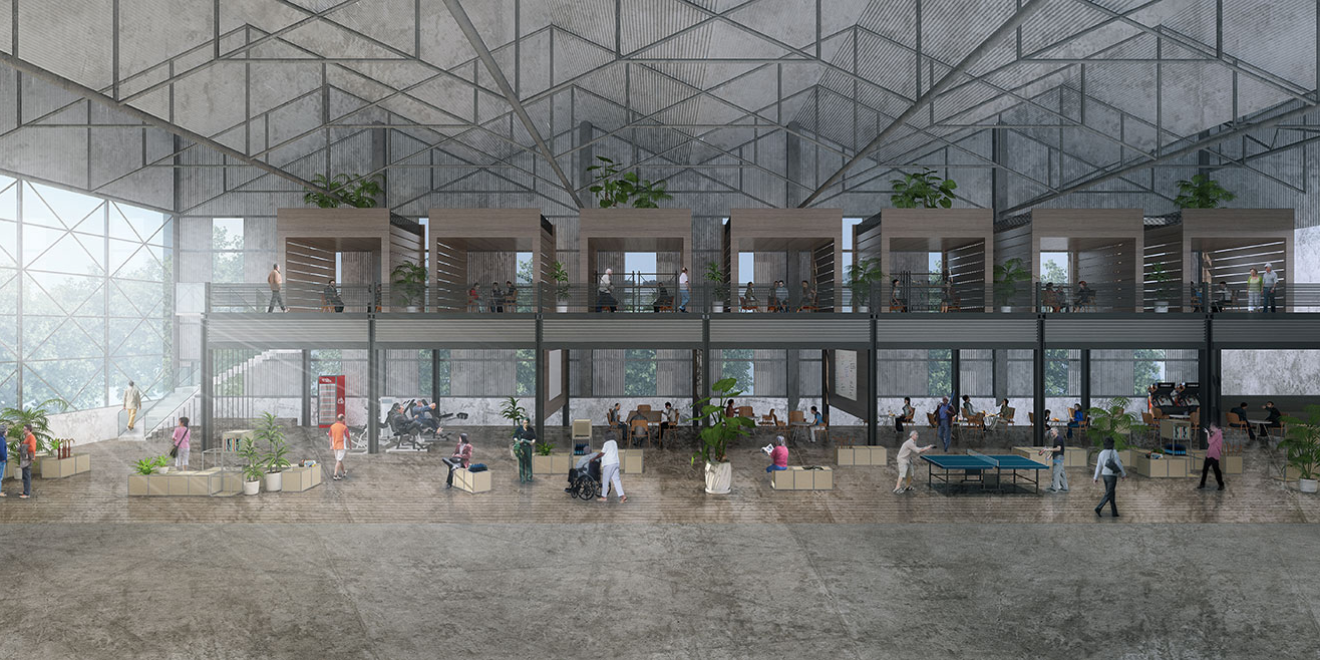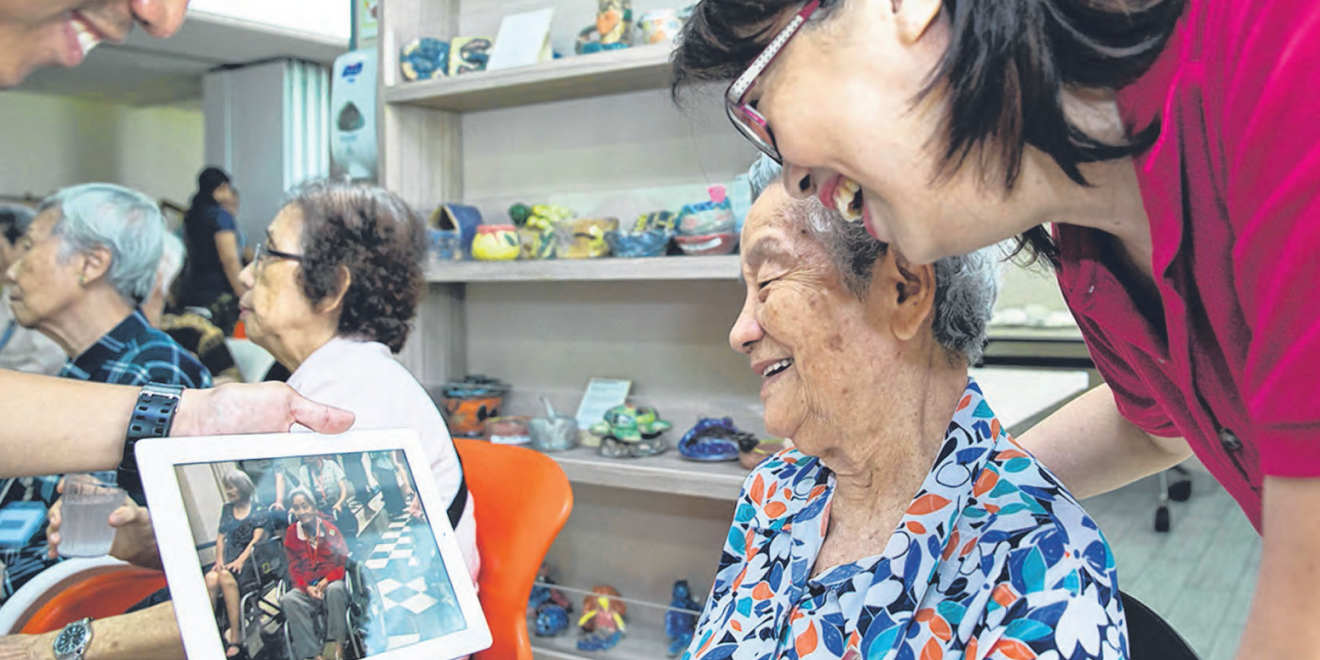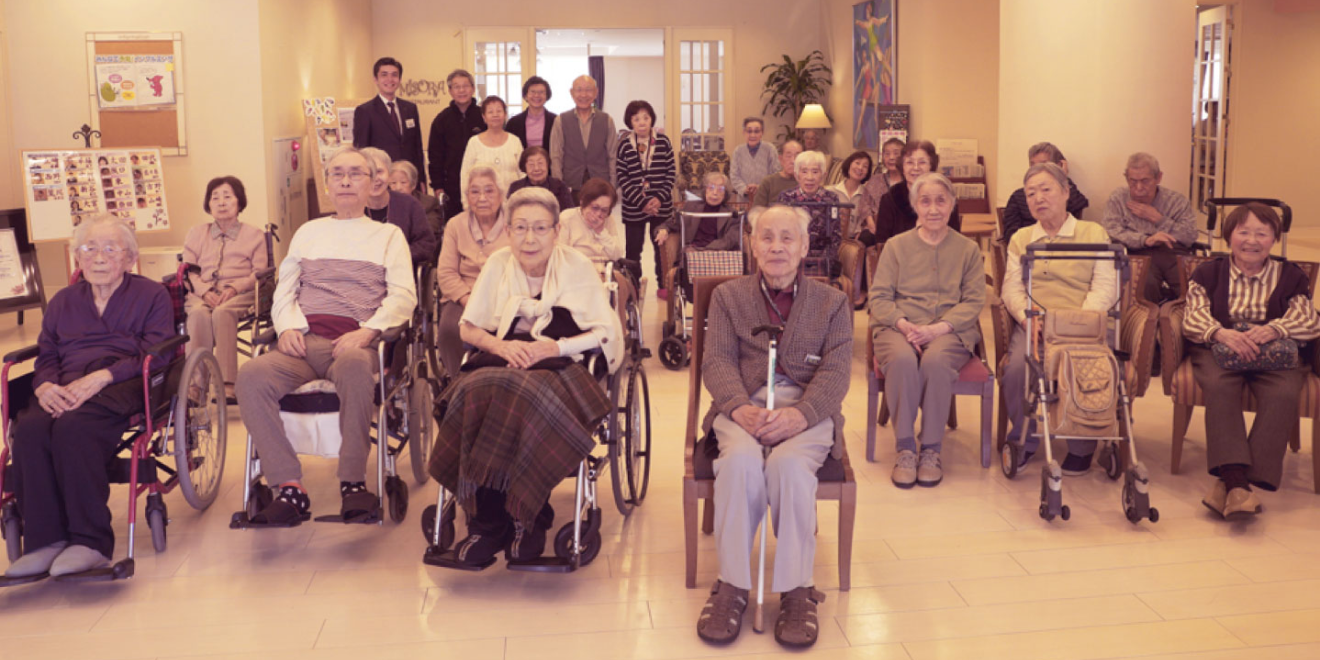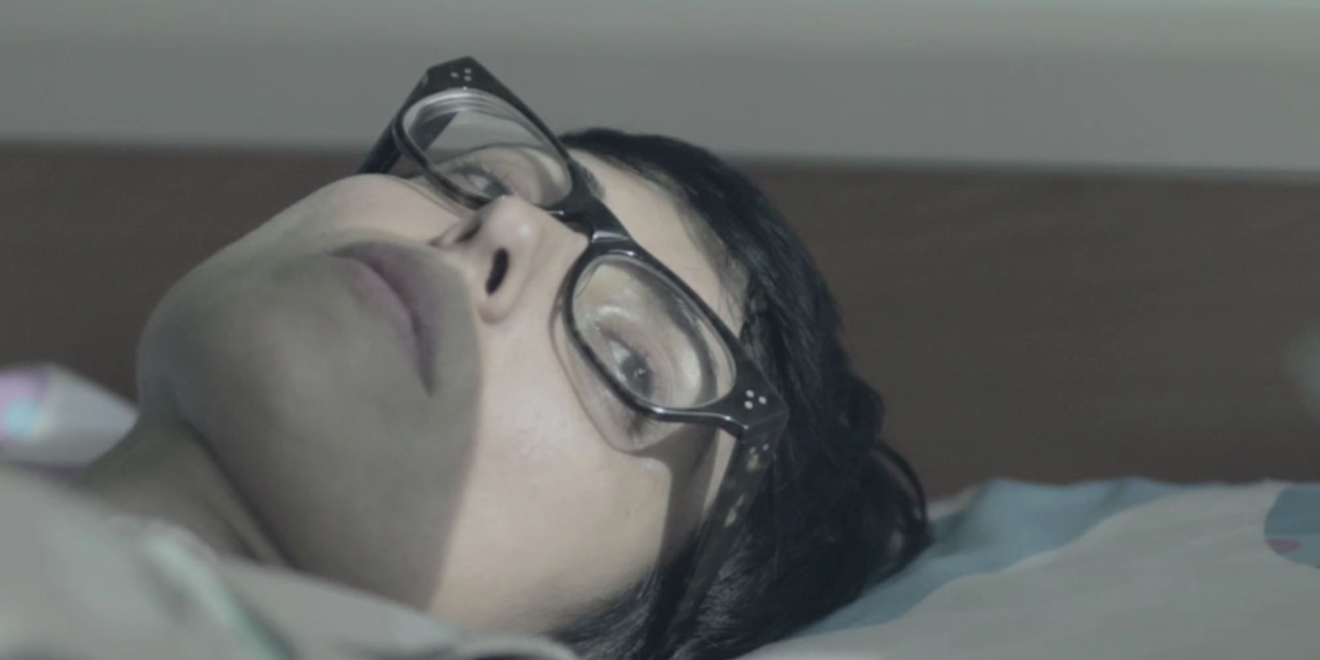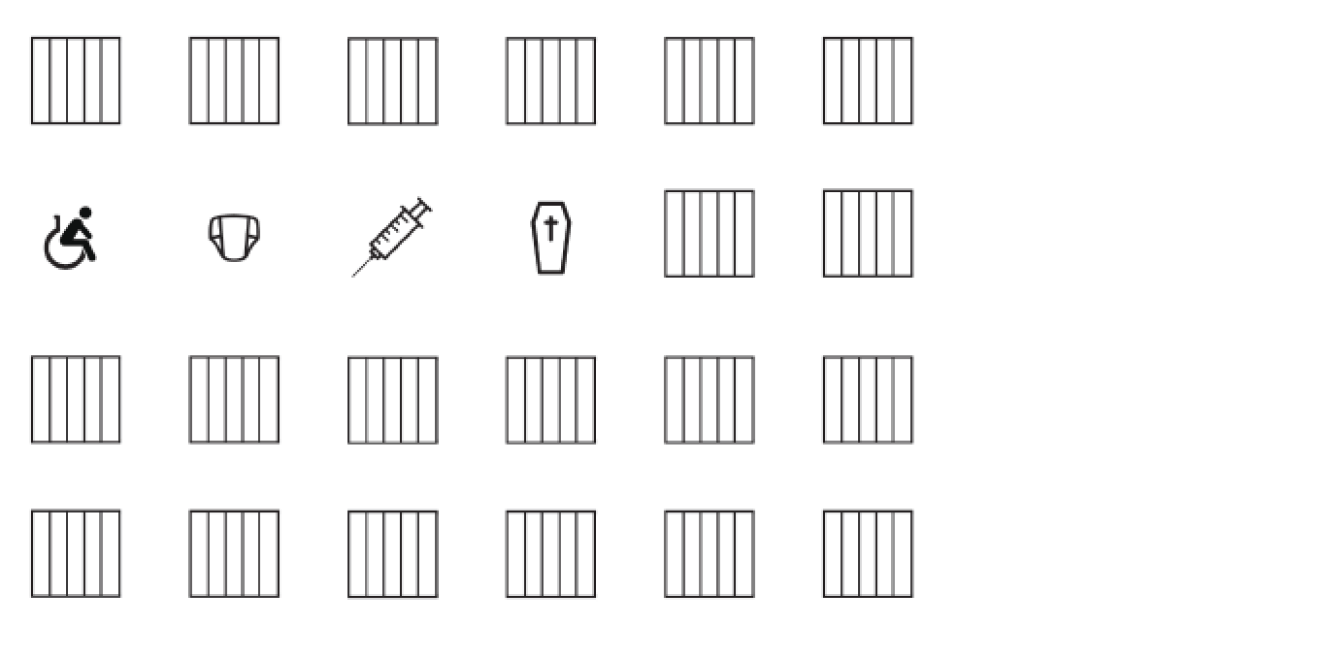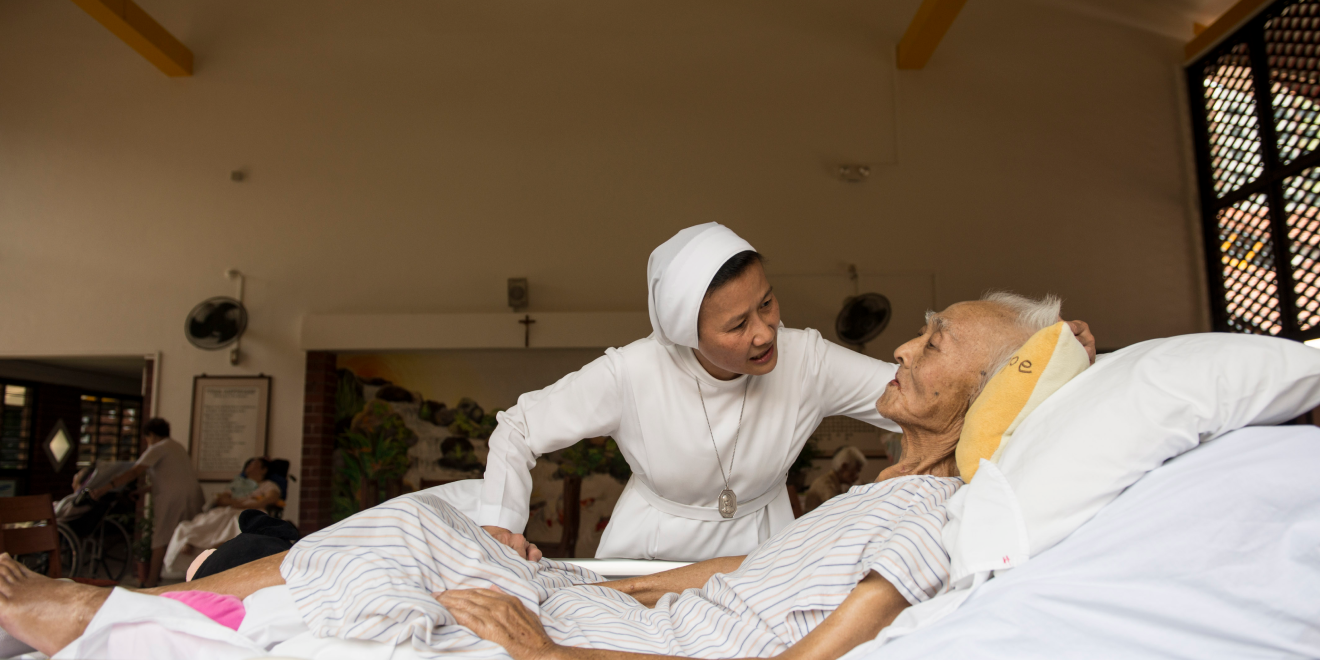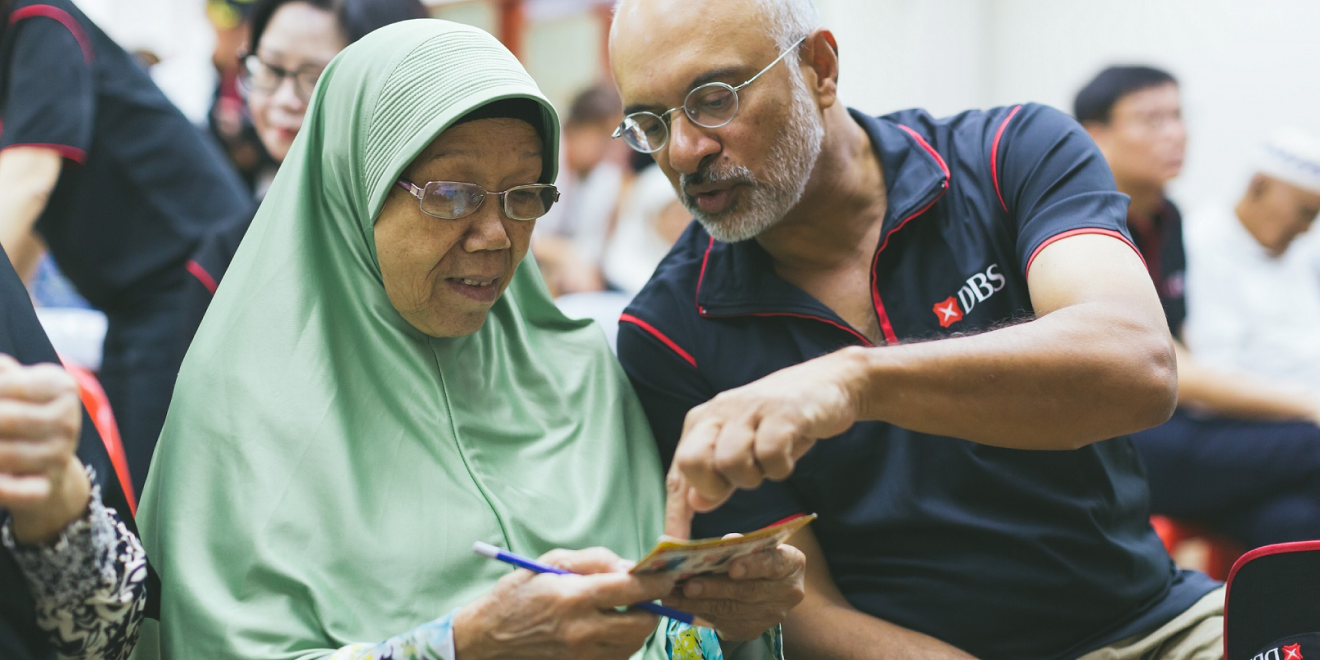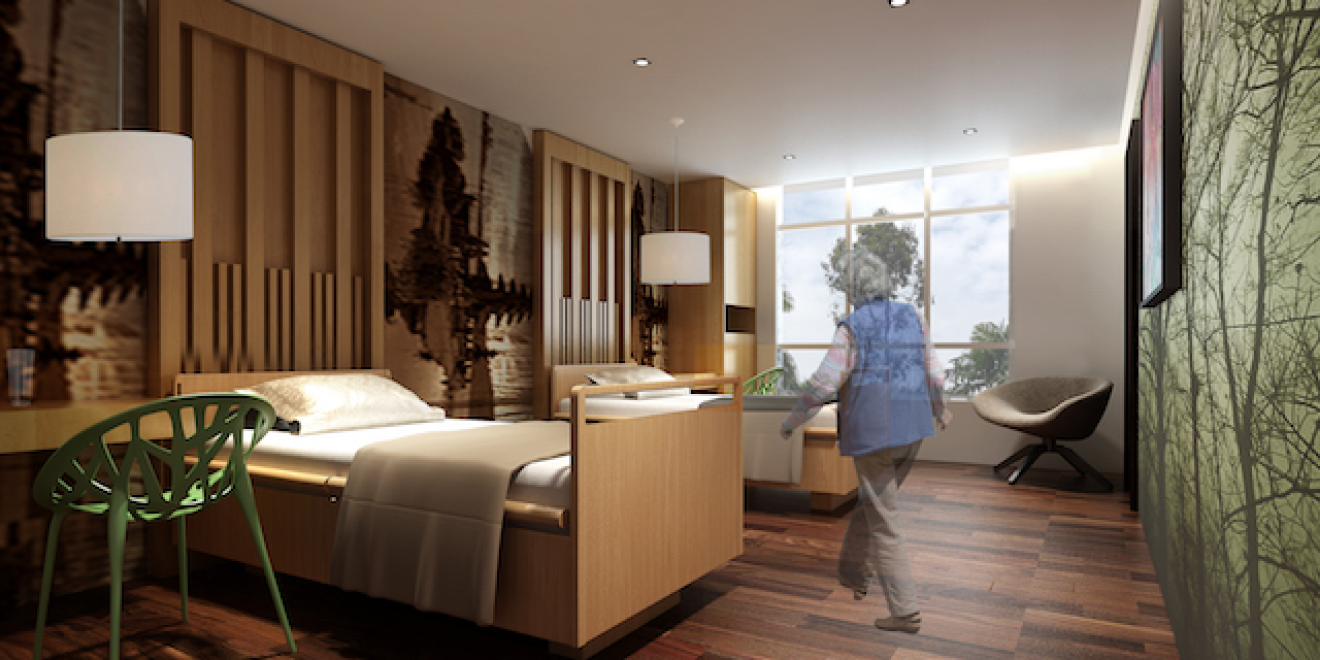Eldercare
Eldercare is often commoditised, depersonalised and undignified. This age-old challenge needs new ideas, which we strive to inject from the worlds of design, science and - sometimes - common sense.
Gym Tonic set up at 30 locations
Post-Diagnostic Support for dementia scaled up by government to more hospitals
INGOT covers a third of Singapore's nursing home beds
In Singapore, we tend to give seniors the leftover, the reused, the just-good-enough. At the Lien Foundation, we believe in a different approach: Giving the elderly the best.
Our elderly live their last years in nursing home wards with little privacy, are given children’s colouring books to while away their time, and experience care that often neglects their personhood.
They don’t complain. But silence should not be our benchmark.
We’ve tried to bring light into their golden years in different ways. Gym Tonic, which features elderly-friendly equipment, has grown into a chain of 30 gyms. Our Post-Diagnostic Support service, which hand-holds newly-diagnosed Persons With Dementia and their caregivers, was scaled up by the government. Our person-centred IT system, IngoT, now serves 8,000 elderly, or one in three receiving care through Ministry of Health-funded programmes in nursing homes, day centres and at home.
Projects like these aim to maximise the number of healthy years lived and tackle the rising prevalence of frailty, chronic diseases and mental illness. We want seniors to take charge of their lives and maintain – even improve – their health.
We believe that as Singapore ages, the definition of “best” must evolve, so we can meet needs and aspirations that are important to see, but so easy to ignore.

SoundKeepers
Development of a new AI tool and community intervention programme to detect and manage early signs of depression in seniors
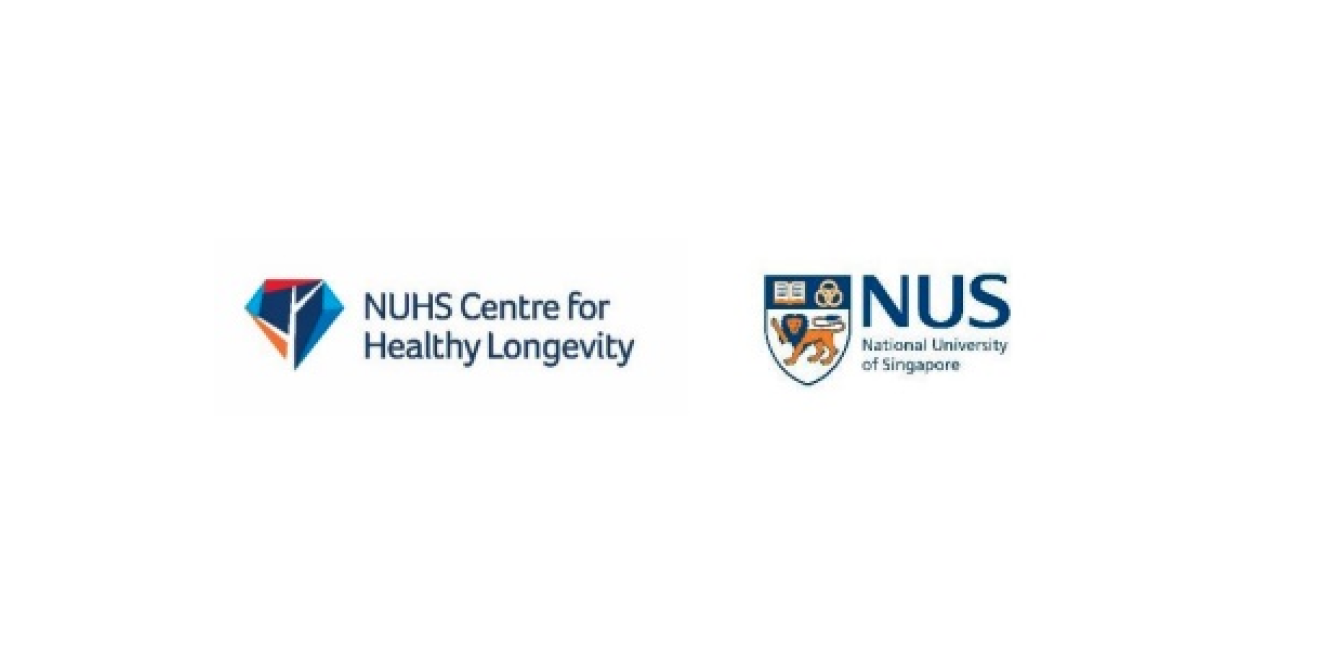
Hacking Ageing
A series of initiatives with the Centre for Healthy Longevity to transform Singapore’s healthcare from reactive ‘sick care’ towards a population health prevention approach, to extend life spent in good health.
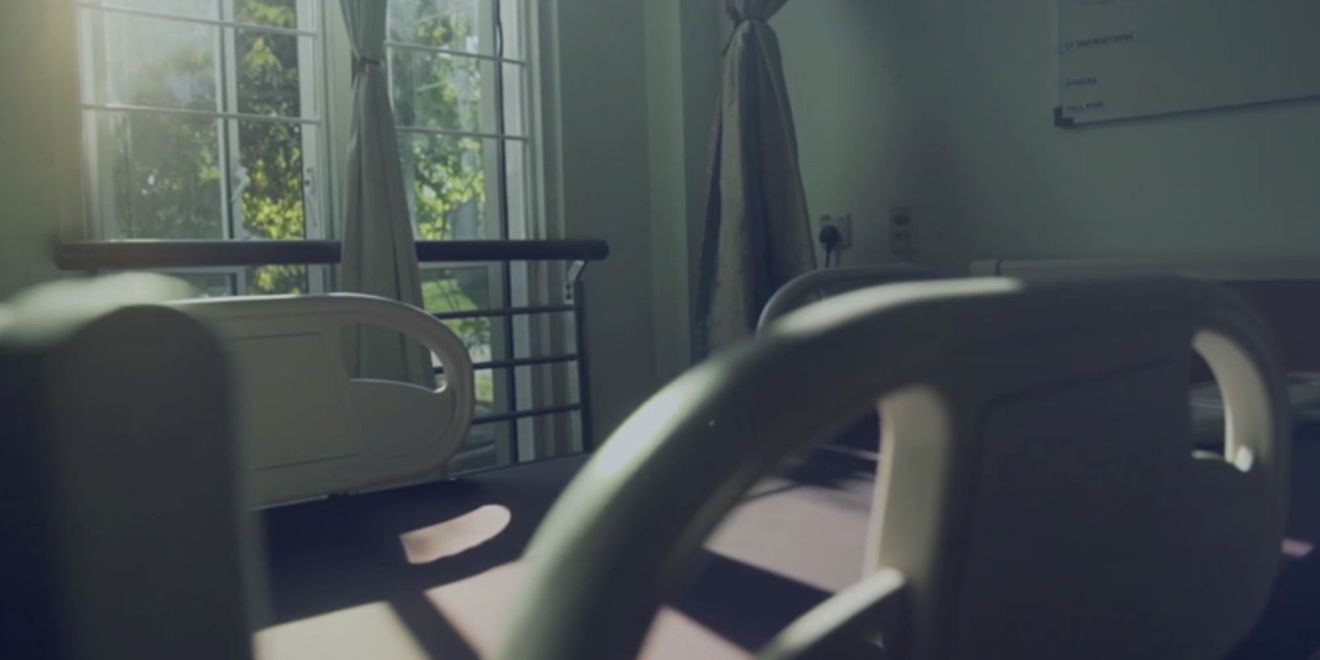
Long Term Care Manpower Study
A research study that shows how long term care workers in Singapore are dogged by low pay and limited prospects, via comparison to care workers in four other fast-ageing Asia-Pacific economies – Japan, Hong Kong, Australia and South Korea.
